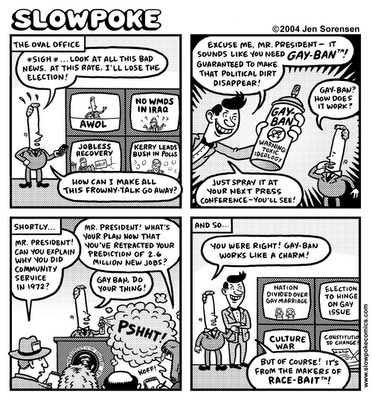When it comes to super-premium ice cream, I've seen the light. Leo converted me — I now worship at the church of Häagen-Dazs for its flavor, mouth-feel, simplicity, and overall ingredient quality.
Imagine our horror when we saw this ad on the back cover of the latest
Saveur, for the new
Mayan Chocolate flavor. I only found
one other negative comment about the ad online.
The ad headline reads "cortez invaded for it ..." And the accompanying blurb says: "In 1520, Cortez arrived in Latin America and
captured the world's original recipe for chocolate. Mayan chocolate. Fortunately, you'll find it a bit easier to get your hands on this coveted chocolate and cinnamon delicacy."
It's unfortunate, as the ignorance/ arrogance of the ad would have turned me off to the product itself. (I tried some before I saw the Cortez ad and can confirm that it is delicious. And I fed some to Leo this weekend and he's still outraged at the ad, but agrees that the ice cream is awesome.) Fortunately, the ad agency has changed the ad to this one:

Headline: "gift from the gods"
Blurb: The world's very first recipe for chocolate. Over 2,000 years ago, it was a Mayan offering to the gods. And now, we're offering the chocolate and cinnamon delicacy to you."
So I'm uncertain if the Häagen-Dazs ad agency,
Goodby, Silverstein & Partners, changed the campaign because they realized that pithy statements about genocide might not be the right sales strategy or if they just wanted the initial punch to get attention: "Advertising 101 today says you have to do something obnoxious in the first ... 10 seconds of an ad"
says Jeff Goodby.
More (unrelated) ice-cream backlash:Ben & Jerry’s new flavor "Black & Tan" intended to emulate the appearance of Guinness Irish stout. It offended some who still associate the name with the two-tone uniforms worn by the notorious regiment of British soldiers recruited to serve in Ireland after WWI who committed a number of atrocities against the Irish.
A few other facts I learned whilst trolling for info about this:Häagen-Dazs is owned by Dreyers. Example #598 of my point that soon, the whole world will be owned by five corporations.
Goodby, Silverstein & Partners is one of the premier names in advertising with a long heritage of cutting-edge and effective creative work. Perhaps best known for the "Got Milk" campaign, the agency also works for blue chip brands such as Hewlett-Packard, Anheuser-Busch, Netflix, Foster Farms, Adobe, and Saturn. Co-chairmen Rich Silverstein and Jeff Goodby worked together at Ogilvy & Mather before forming their own company in 1983; it operates today as a subsidiary of advertising services conglomerate Omnicom Group.
 I dig Lloyd Cole and his brand of break-up songs.
I dig Lloyd Cole and his brand of break-up songs.























